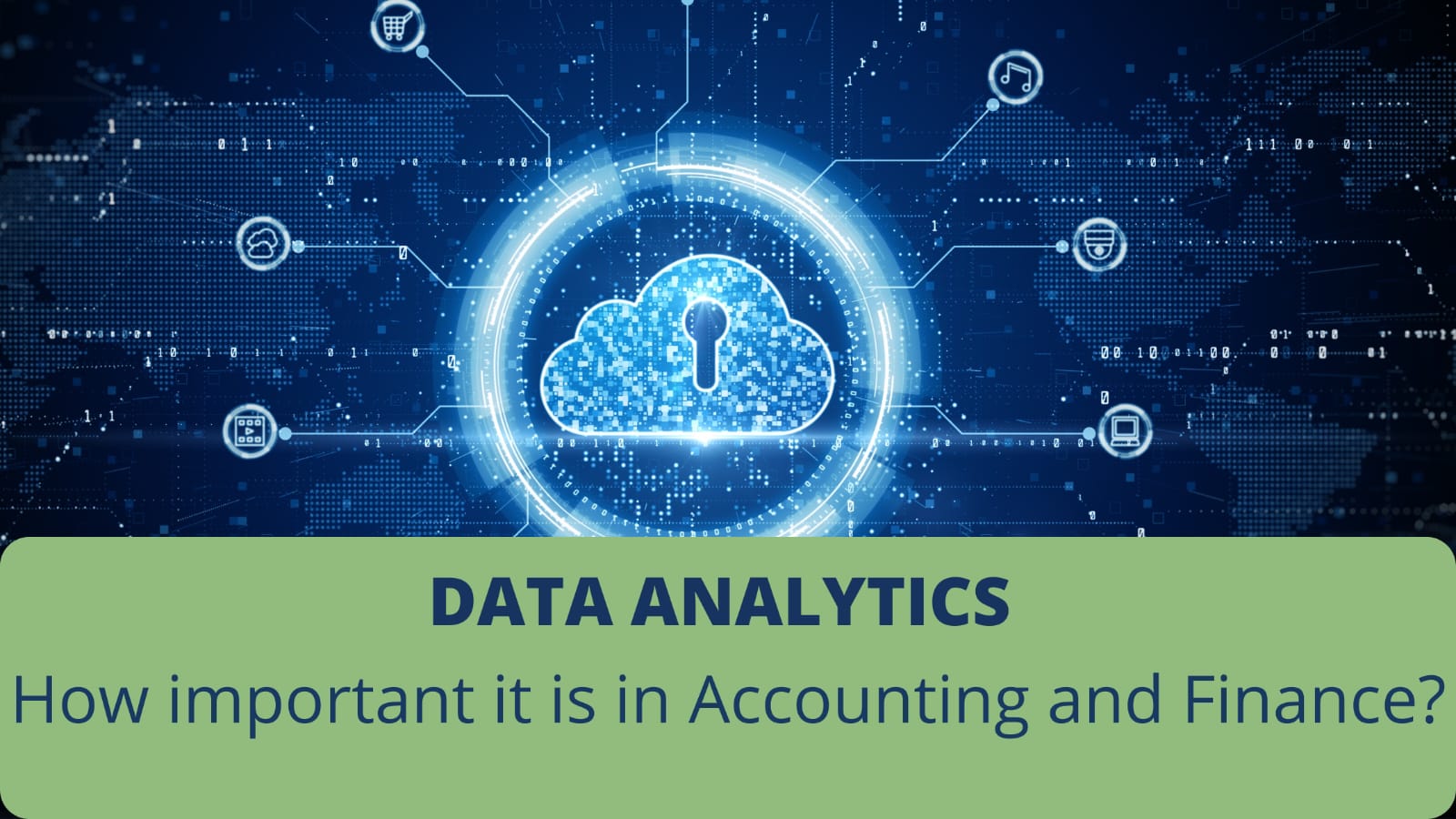All our accounting and finance buddies are well versed with financial data in their day in day out business. Then why does this data analytics separately mean for them? To address this, it has to be admitted that companies nowadays have access to more information than ever before. In fact, this is substantiated by the data from “SeedScientific” which estimates that every day 2.5 quintillion bytes of data are generated. But what does that mean for an accountant? Despite the historical record of accounting numerical, it simply means opportunity.
According to the Journal of Accountancy, data analytics “…includes sourcing relevant data and performing analyses…and using the insights gained from analytics in decision-making.” Thus, the knowledge and experience of an accountant with data analytics skill enables them to explore deep into the huge data and extract the value in it. Let’s see the prime aspects of data analytics that immensely help an accountant.
Deciding with underlying Strategy: Being an accountant, once you acquire the skill of data analytics, you will be the sought after person for hiring because you know the strategic decision making by exploration and interpretation of big data.
Alleviation of Risk: It is true that if you have better analytic skill, you can assess the underlying or forthcoming risks much better. Henceforth, you will be more equipped to identify fraud or detect any anomalies or find out the operational areas which need attention.
Concurrent Analysis: As we are aware that reflection of financial operations used to come later in the form of financial reports/statements periodically. Hence, there is little scope to mend it if required. Data analytics, on the other hand, present much deeper reflection of the same financial operation in a real-time format that facilitates quicker implementation of strategic decisions.
Elevating Productivity: We must accept that gone are the days when we accountants thrive on manual spreadsheets as our tools. Data analytics tools can easily replace your repetitive jobs so that you can focus on other larger issues. Moreover, knowing languages like Python and “R” will help to create custom algorithms and data models that can be used with larger sets of data.
Rising over others: With the mastery of data analytics with your accounting skills, you will be able to dive deep insight into the huge data and extract the useful information at your fingertips which a conventional accountant without data analytics skill will dare to imagine.
Ahead in the Talent Hunt: Skill of data analytics is nevertheless considered as a talent which hiring authorities are eager to include in their pack. So, acquiring the knowledge of data analytics with accounting skills will not only help securing your current position, but also make you a future proof accountant.
To sum up, according to Forbes, by harnessing big data, accountants “…could leverage data management tools, including augmented reality, to humanize and contextualize spend data for the C-suite to make better decisions based on long-term value rather than return on investment alone.” With continuous generation of new data sets, data analytics in accounting is an ever evolving and increasingly important field. The potential and power in data makes this an exciting and challenging time for accountants to boost their career by expanding their skill set.
For further information/analysis, contact:

Comments are closed.